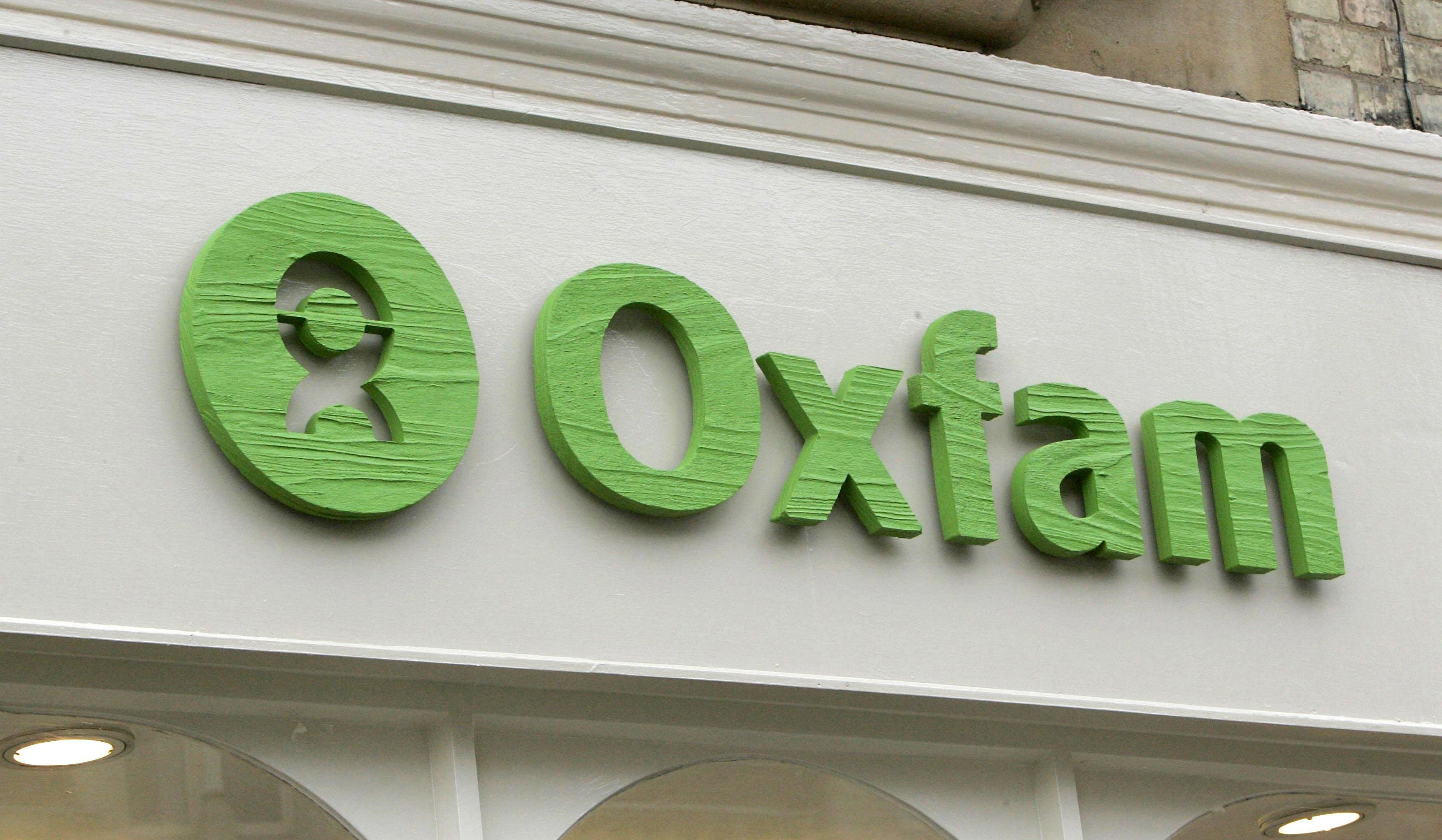
A tax on the top 1% of earners could raise £10 billion per year and reduce inequality in the UK, Oxfam suggests.
The international aid charity has published findings ahead of a meeting of the G7 this weekend which shows income inequality has risen in all G7 countries since the 1980s.
With the exception of Japan and Canada, the gap has increased in all G7 countries since 2004, “especially in the UK and Italy”.
French President Emmanuel Macron has said the summit in the French seaside resort of Biarritz will focus on the fight against inequality.
Shadow chancellor John McDonnell said the report “blows apart the government’s claims to be tackling inequality here and abroad”.
The paper produced by Oxfam estimates that if the UK was to introduce a “net wealth tax” similar to that of Spain, the Treasury could raise around £10 billion of extra revenue.
According to the charity, such a system might tax wealth above a threshold of about £750,000 at a rate starting at 0.2%, rising incrementally to 2.5% for net wealth of around £12 million.
Under this system, 90% of tax revenues would be raised from the top 1% of households.
Pensions and an amount equivalent to the average price of a home would not be taxed. The model does not take into account possible behavioural changes as a result of the tax.
The report also criticises the G7 for promising to tackle inequality in 2017 but with “no real action, commitments or plans to deliver true change”.
It continued: “Meanwhile, the inequality crisis has continued unabated, in G7 countries and globally, making the fight against poverty more difficult.”
Mr McDonnell said: “Oxfam highlights the importance of public services in tackling poverty after nine years of Tory austerity which has torn apart the social fabric of the UK.
“Ironically, this comes just after it was revealed that Boris Johnson is lobbying Donald Trump to support the architect of austerity George Osborne taking over at the IMF.
“The next Labour government will deliver the urgent international action we need to tackle the inequality crisis, address the climate emergency and spearhead a global movement for universal, free, high-quality and gender-responsive public services.”
Cecile Duflot, an executive director at Oxfam, said: “G7 governments have helped to create the inequality crisis, they now have the responsibility to be part of the solutions – to make a choice between a brighter and more sustainable future for all of us or continued extreme wealth for a few.”
The report highlights that the richest 10% in Britain own 60% of the country’s total wealth while the poorest half only account for 4% of the total wealth.
It also finds that in the UK almost a third of all working women earn a wage that is “insufficient to guarantee a decent quality of life”.

Enjoy the convenience of having The Sunday Post delivered as a digital ePaper straight to your smartphone, tablet or computer.
Subscribe for only £5.49 a month and enjoy all the benefits of the printed paper as a digital replica.
Subscribe